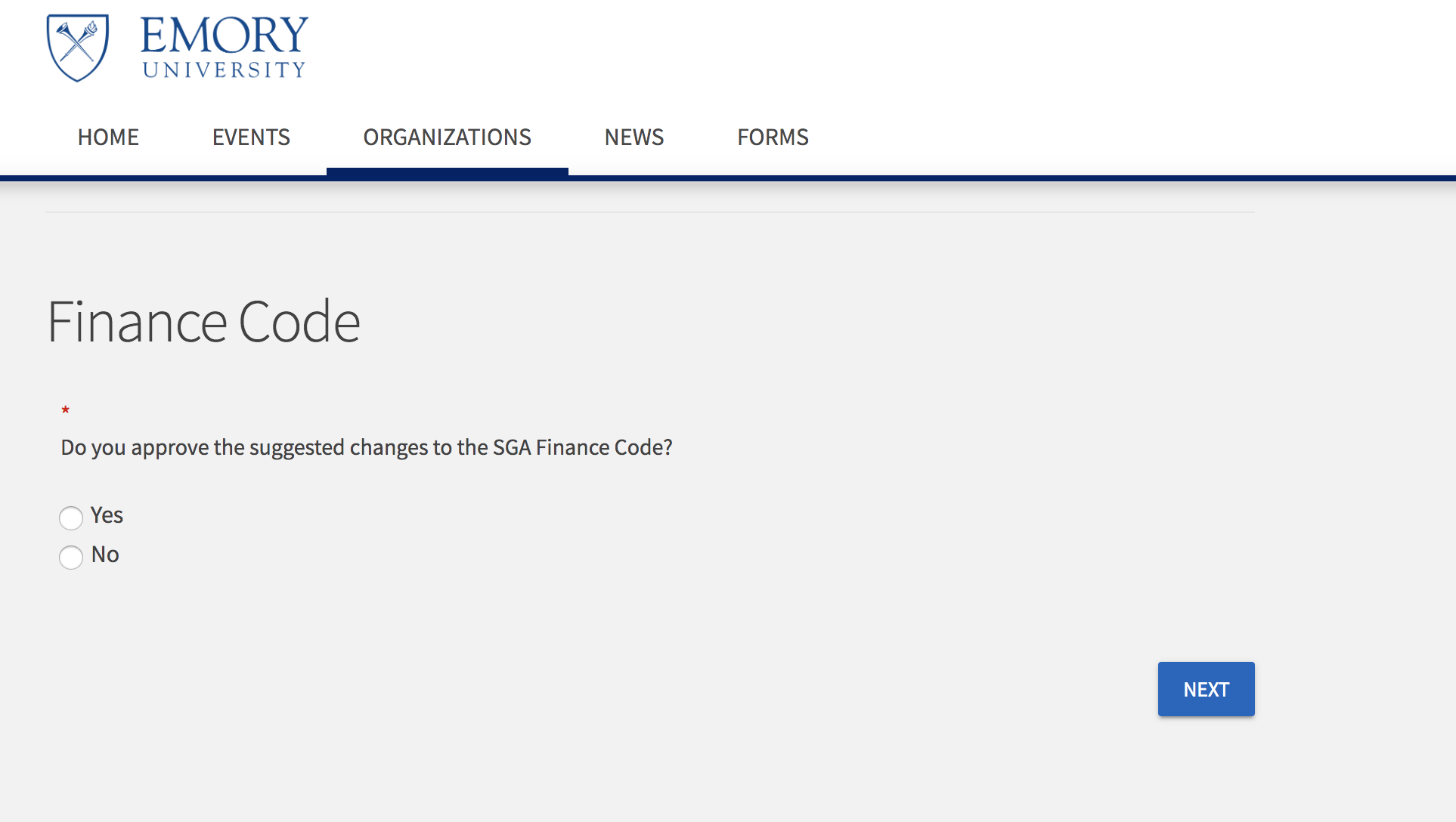Modern society suffers from rampant “educationism.” Coined in a 2018 Journal of Experimental Social Psychology report, the term describes educated people’s implicit bias against those less educated. Educationism disadvantages both low-income and less educated individuals and preserves structural inequality. Consequently, our relative unawareness of educationism prevents everyone from connecting with others from diverse backgrounds and learning from their experiences.
Educationism often goes unrecognized, but the severity of its effects warrant a more involved conversation. For starters, it has significantly aggravated the gap between socioeconomic classes and other forms of inequality. Higher education is linked to “greater income, better health, improved levels of well-being and elevated levels of employment.” This creates a barrier between the poor and the wealthy. We develop negative attitudes toward those lacking an education or those unable to move up in the world even though they are often not at fault for either.
During the Reconstruction era, author Horatio Alger coined the phrase “pull yourself up by your bootstraps.” This mentality is meant to encourage low-income people to break social barriers and become successful. Yet today’s socioeconomic and political challenges make that nearly impossible for many Americans. Higher education is not always readily available or offered to those of lower socioeconomic statuses. The American Dream perpetuates a similar ideology to Alger; an unattainable ideal stymied by social and economic obstacles, it falls short because it assumes equal opportunity for all Americans and that every outcome in our lives is controllable. The systemic barriers people face make finding time and money to pay for higher education can be insurmountable.
The unconscious social effects of educationism lead us to base preliminary conclusions on the socioeconomic backgrounds of the less educated. Social psychologist Fabrizio Butera showed in a 2017 study that “‘examiners’ scored individuals lower on the same task when they were told that the pupil came from a less privileged background.” Lower-income students are automatically assumed to be less educated and/or less qualified. The less educated, the poor and the working class are not synonymous. The less educated routinely receive less help and more blame for their situation. By continuously oppressing them, the educated elite solidifies its position, and social mobility becomes a pipe dream.
Even beyond its macroscopic social impacts, the implicit bias against the less educated also corrupts our political culture. Former Vice President Joe Biden is the first Democratic nominee in nearly four decades without a degree from an Ivy League university. Our democracy’s raging, toxic political climate leaves little room for those who did not attend schools of such high caliber. Albert Hunt, former columnist for Bloomberg View, wrote that “America hasn’t elected a president without a college degree since Harry S. Truman.” We, as a nation, were once entranced not with college diplomas, but instead with quality of leadership.
Our prejudice is everywhere, and more evidently in our government. Our obsession with the elite is further noted from the recent college scandal involving Lori Loughlin and other celebrities, as if success is dictated by the college attended. In politics, people who graduated with a diploma from the Ivies are somehow seen as more suited and more entitled for the job. The 116th Congress is one of the most educated, as “about a third of the U.S. Congress is comprised of legislators who attended elite colleges, universities, and law schools.” In fact, fewer than five percent of representatives have cited blue-collar jobs in their biographies. Congressional members are elected to serve as civic leaders and promote sensible public policies, and they must have the ability to “identify with citizens from all walks of life.”
While ensuring that our leaders are qualified for their jobs is important, degrees from prestigious schools do not necessarily equate to qualification. As political philosopher Michael Sandel wrote, the “capacity for political judgment and ability to win admission to elite universities” are not correlated — to believe otherwise is meritocratic hubris.
As Emory students, we are the 19% of students selected from a pool of around 30,000 applicants each year. Ranked 21st in the U.S. News and World Report’s 2021 Best National University Rankings, our school and education also breeds elitism. So instead of allowing this bias to consume us, we must remain aware of the opportunities, jobs and scholarships afforded to us. We must recognize that people who did not receive higher education are not necessarily at fault and are not lesser than us. Educationism is a plague, and dismantling our meritocratic hubris is the vaccine.
Sophia Ling (24C) is from Carmel, Indiana.
Sophia Ling (she/her) (24C) is from Carmel, Indiana and double majoring in Political Science and Sociology. She wrote for the Current in Carmel. She also loves playing guitar and piano, cooking and swimming. In her free time, she learns new card tricks and practices typing faster.




